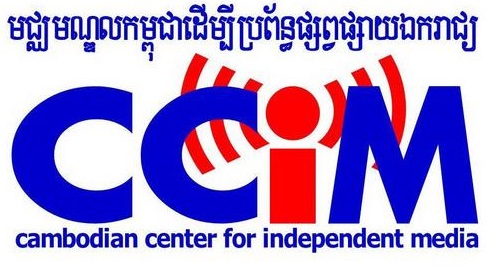Media Regulation
MEDIA REGULATION IS IN ITS INFANCY:
No transparent and democratic framework for issuing, renewing or revoking broadcasting/ print licenses.
Instead of establishing and entrusting an independent media authority, the Ministry of Information is the sole authority to officially allocate and revoke licenses in an opaque process. Opaque means that the minister is to decide which media exist and does not, he does not have to justify his decision or to base it on objective criteria.
No concentration regulatory safeguards.
Cambodia does not have any framework containing specific thresholds or limits to prevent concentration of ownership and/or media control, neither sector-specific nor in competition law. Regulatory safeguards against a high degree of cross-media ownership (across print, broadcast and online market) also do not exist. As the Competition Clause (Press Law, Art. 17) only applies to the print sector[1], radio and television branches remain unregulated with regard to cartel laws.
Hardly regulation of private (media) companies’ organizational law.
Companies can sell or buy shares according to their own by-laws, thus also merge with other companies. The Ministry of Information may oppose such a transfer in the media sector – but has not done so yet. De facto, mergers are rare. Instead, media companies tend to expand by obtaining more frequencies (e.g. Bayon TV extended to Bayon News, CTN extended to CNC and Hang Meas extended to Rasmey Hang Meas). Such expansions are not subjected to a concentration assessment.
No independent competition/ media/ telecommunication authority
to take considerations about media pluralism into account (implicitly or explicitly), when applying competition rules to the media sector. As such, the impact of a proposed concentration on media pluralism and that overseas mergers/ acquisitions is not assessed.
No plan to establish public broadcasting,
with the function to ensure pluralistic content and to serve the interests of the Cambodian people. Public Broadcasting refers to an independent, pluralistic and institutionalized system (e.g. through laws and/or voluntary guidelines) to ensure diversity of opinions as well as program quality in the media market. It also includes a definition of media’s mandate: such as information, education, entertainment etc. It works on public funding – however, it is supposed to be independent and thus not state-owned.
[1] Cambodian nationals are allowed to own two newspapers at most and foreigners not more than 20% of the total print market. However, they are allowed to run other media business such as Khmer or foreign language magazine, foreign language newspaper and newsletter, and radio and TV stations.


